Mr. Truc shows off his adult male jungle fowl - Photo: PP
Kingdom of the Junglefowl
In the memory of old farmer Pham Van Truc (74 years old), there are many wild animals living on the Hoanh Son mountain range, including countless wild chickens. The 50km long mountains of soil and rocks from the Truong Son mountain range to the East Sea with many dense forests are the kingdom of wild chickens. Not only living in the forest, wild chickens also flock to people's houses, "crowing" with domestic roosters every morning.
Junglefowl (also known as white-eared junglefowl) is a wild bird, which is also the ancestor of the domestic chickens we raise today. While female junglefowls are slim, weigh from 0.7-1.1kg, and have only gray-brown or dull brown color all over their bodies, male junglefowls are usually a little heavier, possess colorful feathers with all 5 colors, so they are often called "five-color chicken".
According to old farmer Pham Van Truc, because of their beautiful feathers, bird and ornamental chicken enthusiasts often hunt wild chickens to raise as pets and participate in "beautiful chicken" competitions. Therefore, wild chickens, especially male ones, are sold for up to millions of dong. For a time, many young people in the Hoanh Son range made trapping wild chickens to sell to "rich people" their main occupation. Wild chickens were therefore hunted more and more and gradually disappeared in the Hoanh Son range...
Jungle fowls are a species with beautiful feathers, especially roosters, so not only do they raise them for meat, many people also raise them as pets with a value of up to millions of VND/bird. According to the leader of the provincial Forest Protection Department, jungle fowls are now allowed to be crossbred and raised commercially, but they must comply with the provisions of the law related to wildlife conservation and livestock management. |
Fate with wild chicken...
Old farmer Pham Van Truc said that the wild chicken was closely associated with his and his children's childhood, but his grandchildren's generation probably won't see it anymore. Missing the old "memories", many times he "secretly" saved some money from selling pigs and cows to buy wild chickens that young people in the village had caught and raised.
After the mother hen hatched the eggs, Mr. Truc separated the chicks and brought them to the holding area to be strong - Photo: PP
But raising wild chickens is not easy, because they are wild and are trapped, so out of 10 times they are raised, 9 times they die. The remaining times, although they survive, only one or two chickens are of the same sex and cannot reproduce. However, Mr. Truc did not give up. Thinking that he could not successfully breed wild chickens bought from trappers, Mr. Truc traveled alone to the localities, from the Northwest to the Central Highlands to learn and buy wild chickens to raise.
Whenever he heard that there was a wild chicken breed somewhere, Mr. Truc would go there to buy it. But buying wild chicken breeds from other places to raise was not an immediate success. On many such trips, Mr. Truc "lost everything" when the chickens grew up, had enough feathers and wings, and flew away into the forest...
Secrets of taming wild chickens
The journey was repeated many times, but Mr. Truc was not discouraged or gave up. Gradually, the wild chickens in his garden did not disappoint the patient and loved them, but stayed and reproduced. But according to Mr. Truc, to keep the wild chickens in his family's garden, he had his own secret.
Through many crossbreedings, white jungle fowls appeared in Mr. Truc's garden - Photo: PP
He learned that “technique” after many failed attempts at raising wild chickens. He said that to keep the chickens from flying away, he added a little salt to their food every time he fed them. The reason he trained the wild chickens to eat salty food was to get them used to it and remember the taste of salt and return.
Along with that, Mr. Truc planted more green vegetables and trees in the garden so that the chickens could actively find food, perch and sleep on trees like in the natural environment. In particular, when feeding the chickens, although very gently, he also often touched and caressed them so that they gradually got used to people.
When the female jungle fowls show signs of hatching and giving birth, based on their natural characteristics, Mr. Truc thoughtfully hangs several plastic baskets lined with straw on trees for them to lay and incubate eggs. “The jungle fowls still have the habits of wild birds. The eggs in the nest must be left intact until the hens hatch and incubate. If I take away just one egg, the hens will abandon the nest and not lay eggs again,” Mr. Truc shared.
There were also some hens that did not jump on the nest but hid in the bushes, scratched the bottom, and dug through the trash to build a nest to lay eggs. At those times, he worked hard to make a small roof above to cover the nest and the mother hen while incubating to avoid getting wet.
However, after many years of raising wild chickens, Mr. Truc has now "domesticated" some of the characteristics of wild chickens like raising domestic chickens. After the wild chicken eggs hatch, he separates the chicks and brings them to a separate holding area for easy monitoring and care until they grow tails and are strong enough to be returned to the garden. Wild chickens raised this way also rarely fly far, or fly straight into the forest.
After many years of successful domestication and breeding, Mr. Truc's family is currently maintaining a flock of hundreds of wild chickens in a garden of more than 2,000 square meters. He said that his family only sells adult chickens for breeding or as pets, with prices ranging from 1-2 million VND/chicken. In addition to raising wild chickens, he also boldly borrowed more money to invest in raising 4 spotted deer, 10 goats and 30 pigs. Estimated income is hundreds of millions of VND/year.
Vice Chairwoman of Phu Trach Commune People's Committee Phan Thi Le Hang said that the chicken, pig and deer farming model of Mr. Pham Van Truc's family is an advanced example in local economic development. This is a model supported by the agricultural sector of Quang Trach district (old), up to this point, it can be assessed that the model has been initially successful and highly effective. Phu Trach Commune authorities will continue to care, support and create conditions for Mr. Truc's family to continue developing the model, so that farmers in the commune can learn, replicate and promote agricultural economic development in the area.
Phan Phuong
Source: https://baoquangtri.vn/ky-nghe-thuan-hoa-ga-rung-cua-lao-nong-ben-day-hoanh-son-195800.htm


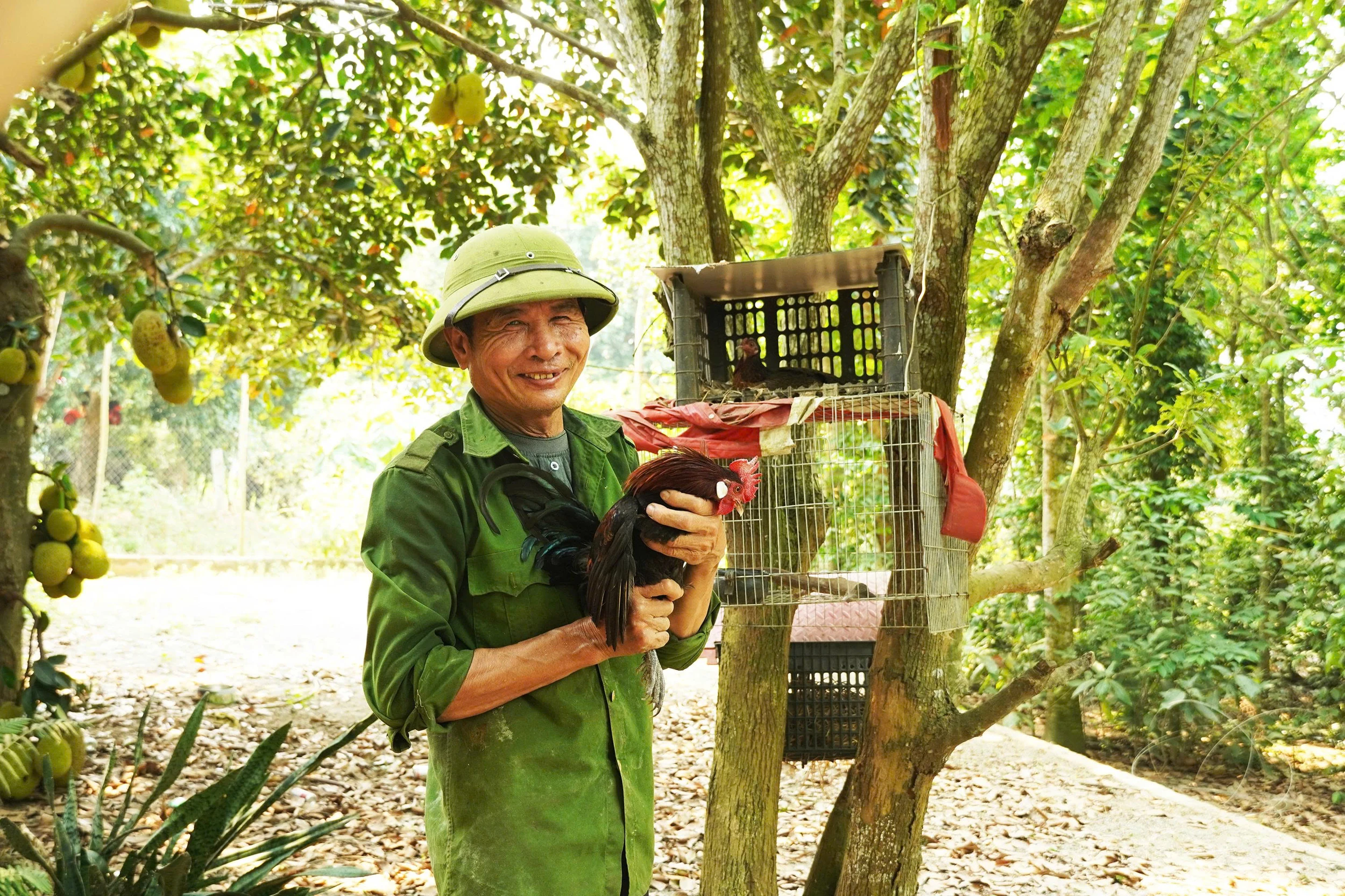
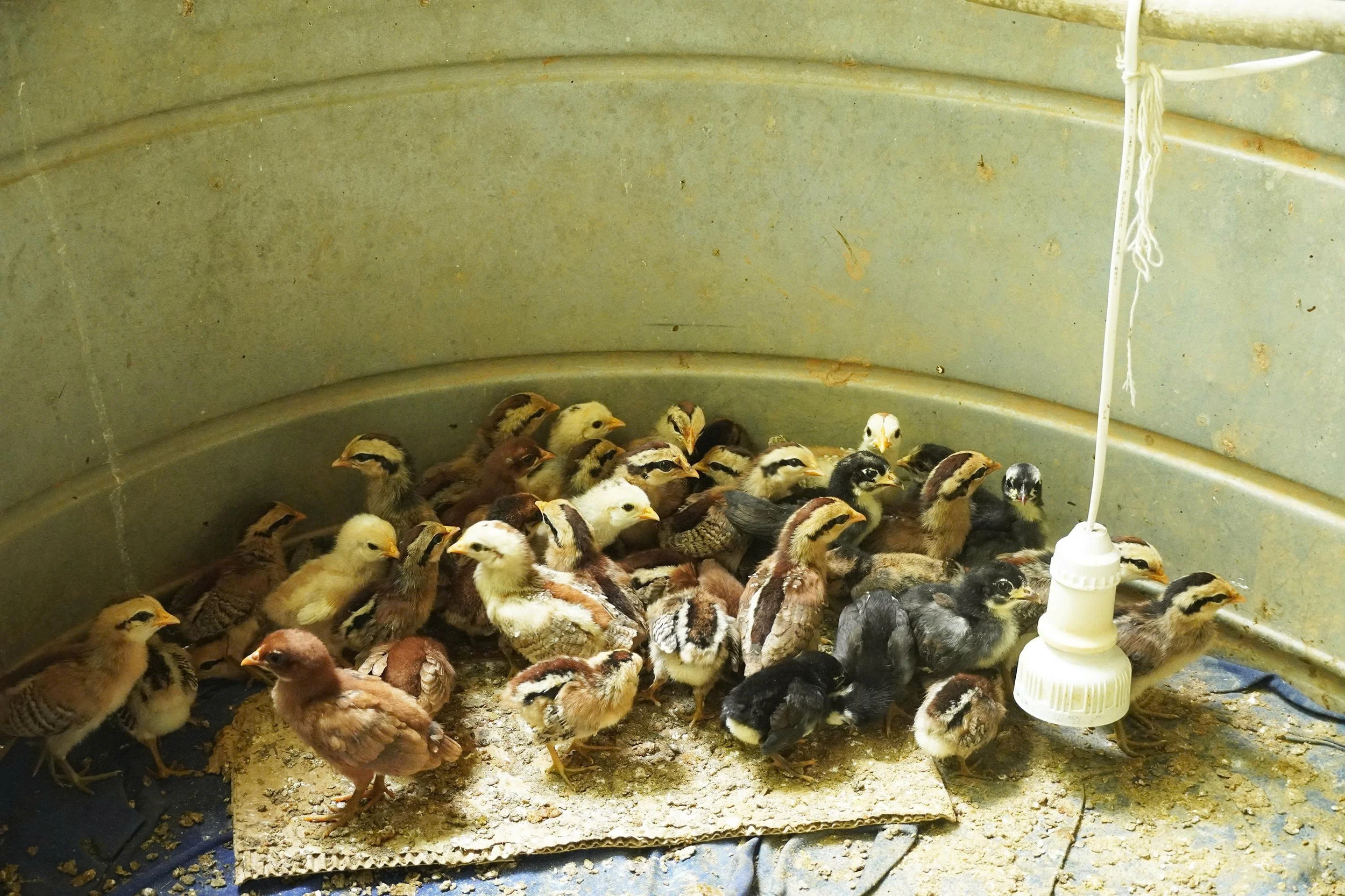
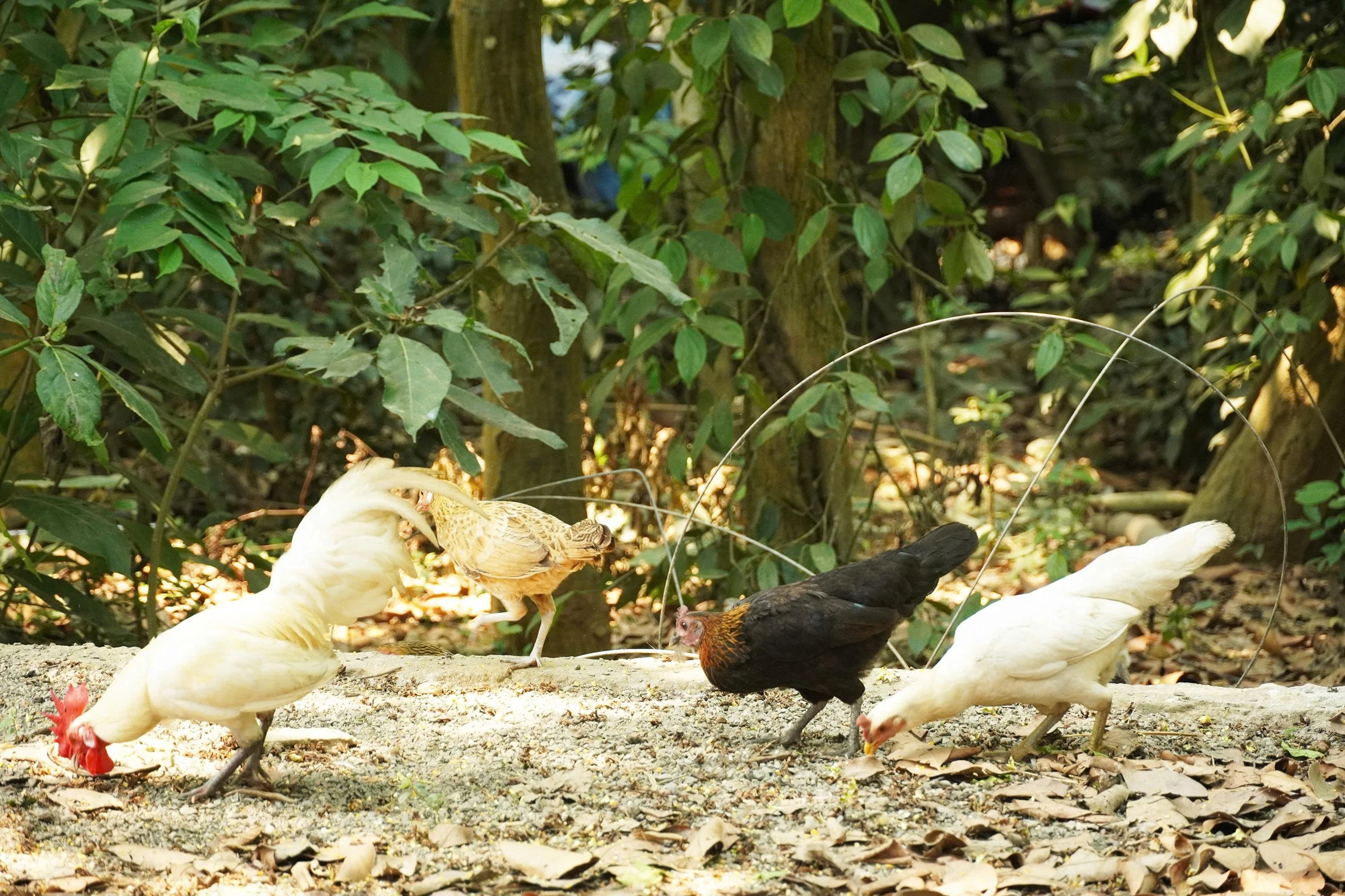



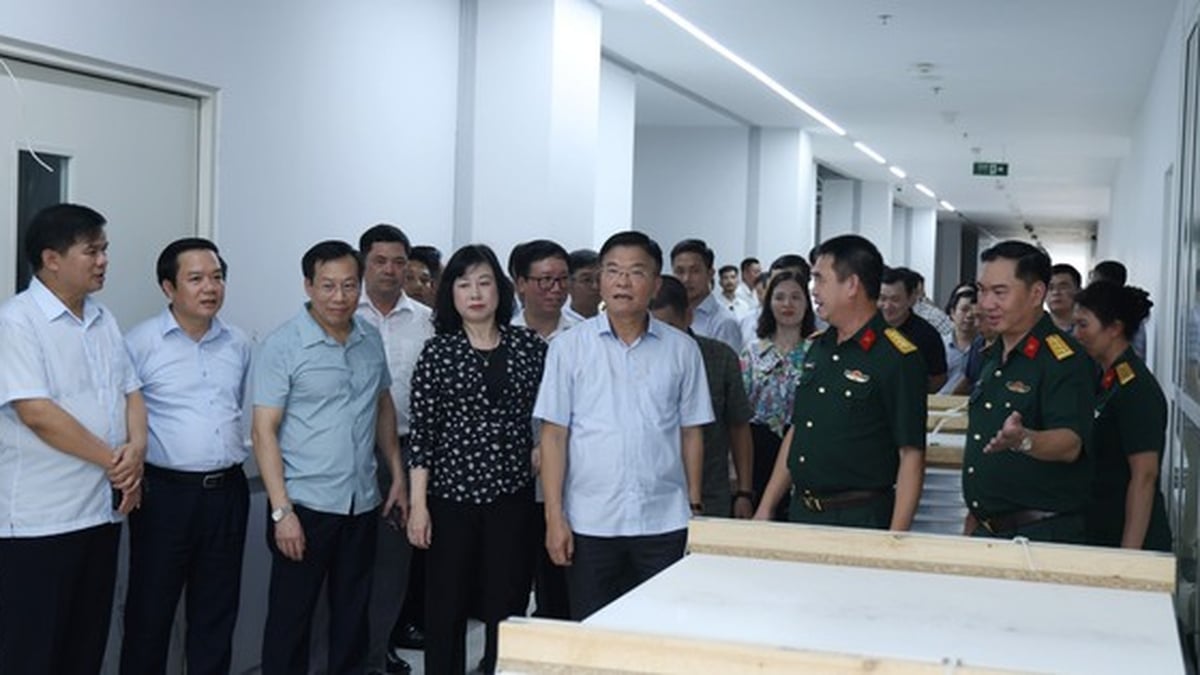


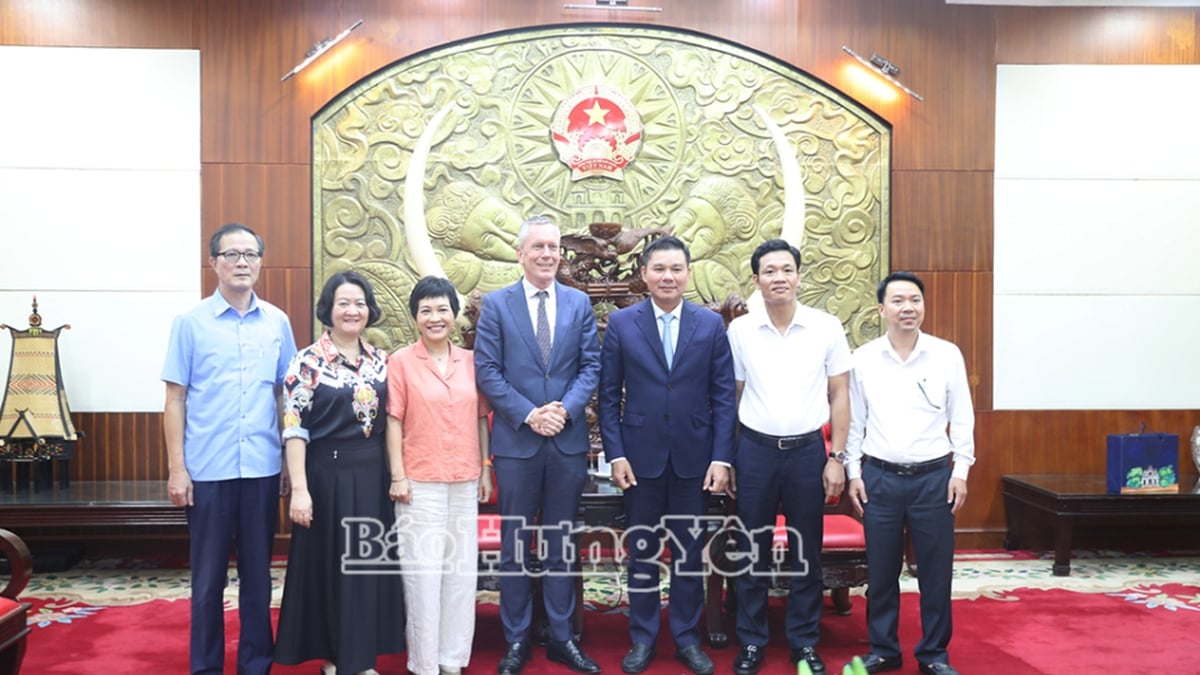











































![[Maritime News] More than 80% of global container shipping capacity is in the hands of MSC and major shipping alliances](https://vphoto.vietnam.vn/thumb/402x226/vietnam/resource/IMAGE/2025/7/16/6b4d586c984b4cbf8c5680352b9eaeb0)











































Comment (0)